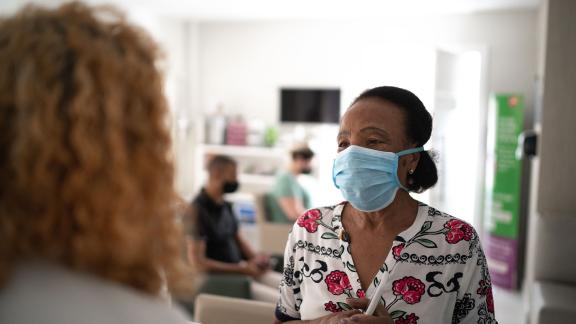Continued industrial action leaves the NHS adrift

Commenting as two days of industrial action from NHS consultants begins, Matthew Taylor, chief executive of the NHS Confederation said:
“The NHS in England will be on red alert over the next two days as it responds to tens of thousands of consultants going on strike for the first time in over ten years.
“Health leaders are doing everything they can to minimise disruption, including by reducing the volume of planned procedures and appointments but cancellations and longer waits are still expected as urgent and life-critical services have to be prioritised.
“This will be like nothing the NHS has seen in the last eight months that industrial action has hit the service because with consultants being absent, much of what junior doctors, nurses and other frontline professionals will be able to deliver will not be possible without this senior level of clinical supervision.
“Many health leaders have told us they are deeply concerned by the long-term impact prolonged industrial action is having on the NHS’s ability to reduce waiting lists, improve staff morale and improve patient satisfaction. They feel like the government has buried its head in the sand by refusing to acknowledge this.
“Also, several members have estimated that each previous round of industrial action from junior doctors has cost them around half a million pounds, so there is an increasing financial toll to industrial action which could run into many billions the longer the walkouts continue.
“The health service is crying out for certainty, and while the clarity provided by the government’s pay offer last week was a step in the right direction, trust leaders understand the sentiments behind unions’ dismissal of it.
“The only certainty at the moment is that this impasse leaves the NHS adrift and rudderless; all parties get back to the table to find a solution that gets the NHS moving again.”
About us
We are the membership organisation that brings together, supports and speaks for the whole healthcare system in England, Wales and Northern Ireland. The members we represent employ 1.5 million staff, care for more than 1 million patients a day and control £150 billion of public expenditure. We promote collaboration and partnership working as the key to improving population health, delivering high-quality care and reducing health inequalities.



